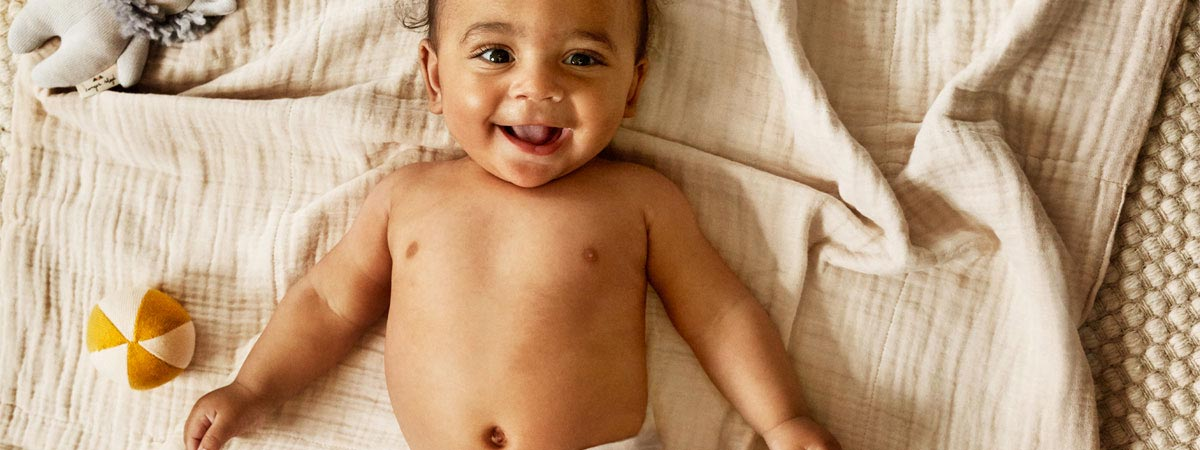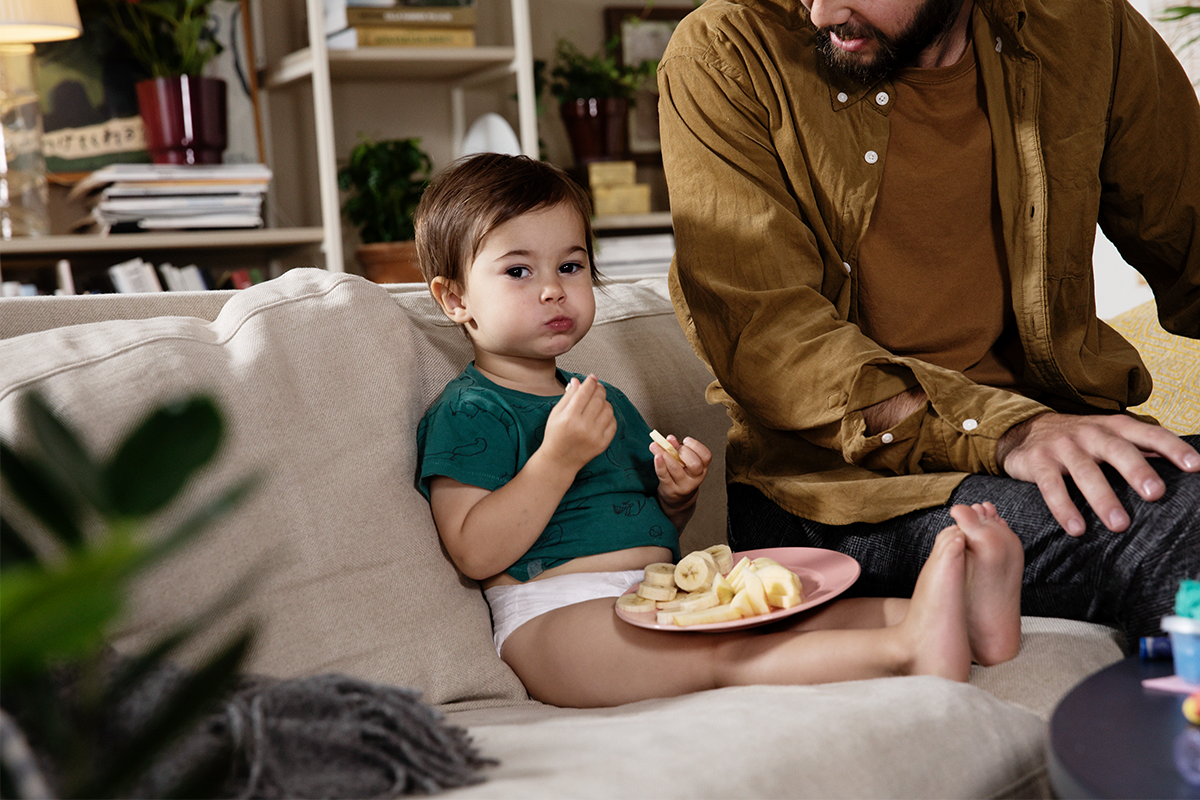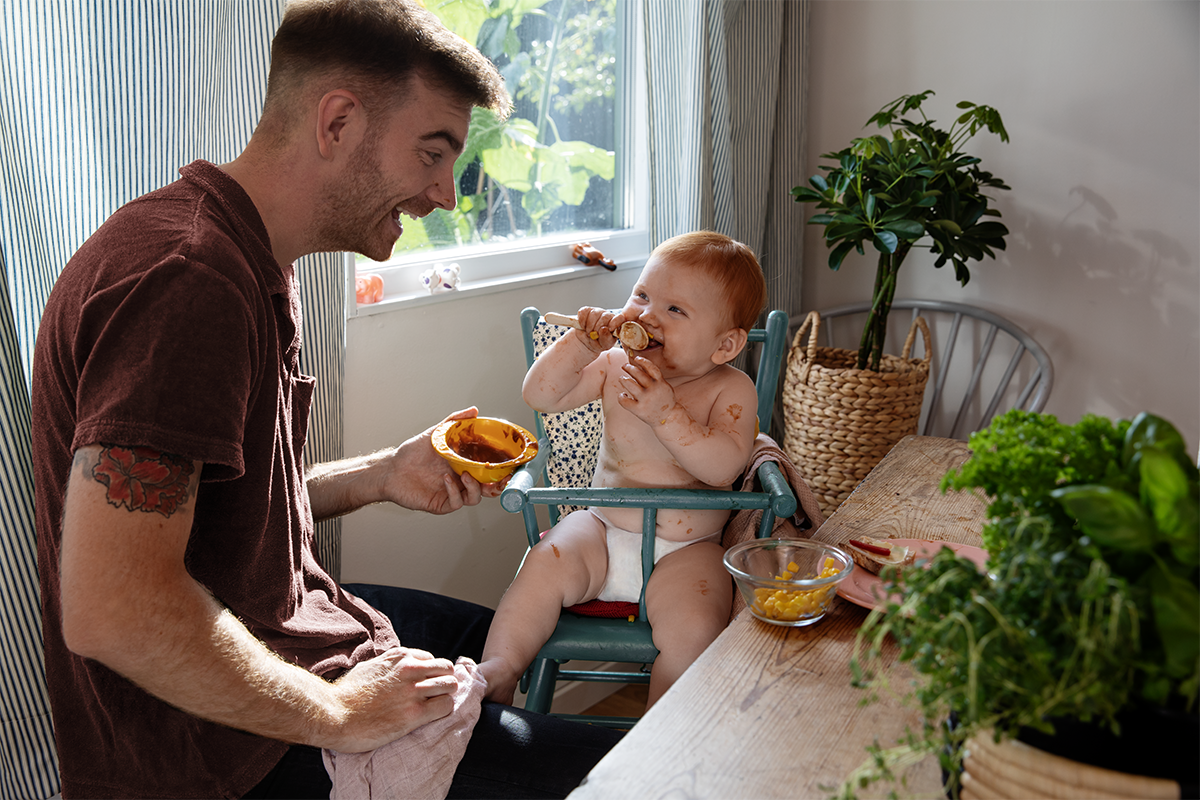
Learning to talk
Young children babble, make sounds and enjoy listening to the family talking. At around six months, your child will start using their own conscious sounds and at about a year old, they could say their very first words. When this happens it's usually a big event in the family.
Your child has a natural desire to communicate with you and you can encourage them. Here are a few suggestions:
• Respond to your child's first attempts to babble, which normally start at around six months. Babies who babble a lot normally starting talking earlier too and have a larger vocabulary when they're a year and a half.
• Only use simple words to start with, words that your child can understand.
• Notice when your child expands their vocabulary. Young children usually develop sounds that mean something to them, but not immediately to you. For example "muh" might mean mummy, "nuh" no and "and" stand. It is also common for monosyllables to mean actions, so "at" might mean "look at that". The more you encourage your child, the more likely they are to continue trying out new words and sounds.
• Talk to your child in a light voice, speak slower and emphasize your words. For example: "Yes, that's right. It is a BALL."
• Ask your child to repeat your words: Look at the dog. Can you say dog? What does a dog say? Can you say woof? Try to ask open questions that require more than a yes or no answer. "Yes, the boy is sad. Why is he sad?"
• Say the name of different body parts when you dress your child in the morning, count the buttons and talk about the colour and shape of their clothes. Count vegetables as you put them in the bag and say what colour they are as you walk around the supermarket.
• Read out loud for your child as often as possible. Not only does it develop your child's vocabulary and increase their interest in books, it also improves their concentration skills. If you come across new words, you can take the time to ask your child if they know what they mean and explain the words. As your child gets older, you should remember to talk to them normally, like an adult. Avoid saying "getti", just because that's what your child calls spaghetti.
• Be positive when correcting a wrong pronunciation. If your child says "dofa" about a sofa, you should focus on the successful communication, you understood the word didn't you? By repeating it with the correct pronunciation: "Yes, the car is on the sofa."
• Use a rich and varied language when you are talking.
• Give your child loads of time and let them get to the point. It's a good idea to take it in turns to talk and let your child control the conversation occasionally. Your child must learn both to listen and to talk.
Tip - you can also read: Creative games for children


